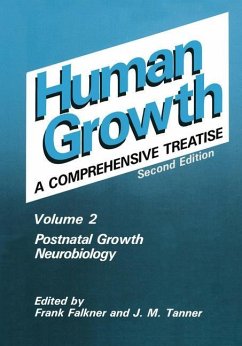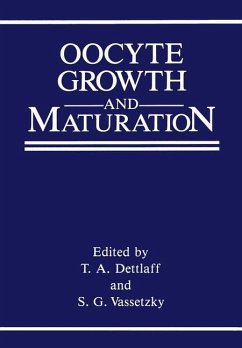It is a source of great satisfaction to us that a Second Edition of this treatise should be called for, especially because it has given us the opportunity to produce, we believe, a better book. Eighteen chapters, amounting to one-third of the whole, are new, and of these, 13 deal with subjects not covered at all in the First Edition. We have paid more attention to embryonic and fetal growth, with chapters on cell differentiation (Lehtonen and Saxen), embryonic growth (O'Rahilly and Muller), control of fetal size (Snow), regulation of fetal growth (D'Ercole and Underwood), and ultrasonic studies offetal growth (Meire). At last the data are available for a chapter on the evolution of the human growth curve, by Eliz abeth Watts. Large parts of the endocrine section have been rewritten (by Michael Preece, and by William Crowley and Margaret Wierman), and the genetics section has been largely recast, with new contributions by William Mueller and Ronald Wilson. Reynaldo Marto rell has contributed a new chapter on growth in developing countries, and Tanner discusses growth surveys and standards as well as catch-up growth. Finally, there are two new chap ters dealing with growth as a monitor of the health of populations-one by Tadeusz Bie licki, considering the contemporary scene, and the other by Robert Fogel, on the contri bution that such studies are making to the economic history of the eighteenth and nineteenth centuries.








